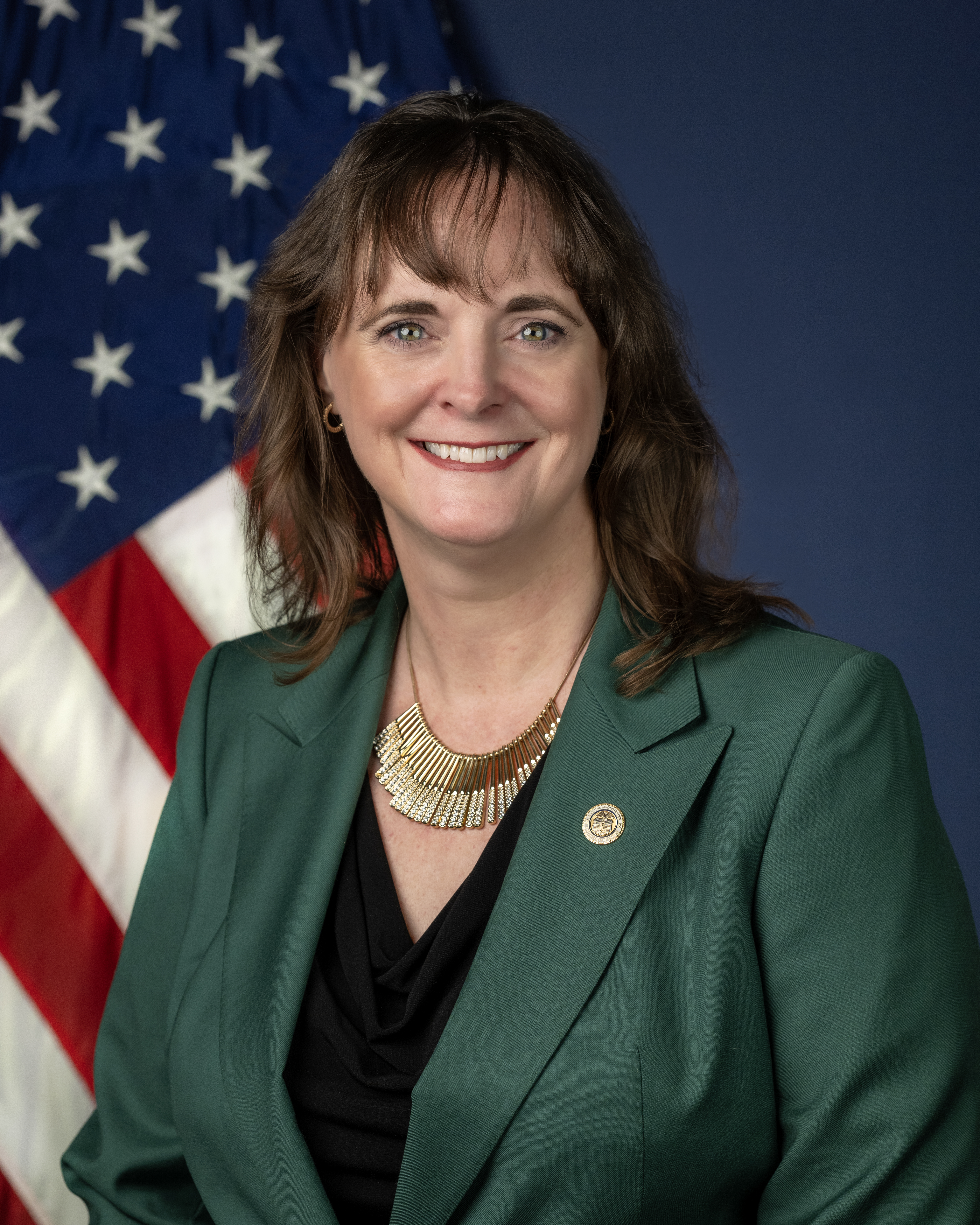400
Vessel Generated Underwater Noise
The META Program is investigating the interconnections between broader energy efficiency and the reduction of underwater radiated noise (URN) from vessels and exploring potential co-benefits. The increase of underwater noise from vessels on the maritime environment is well documented in scientific and policy publications. In 2020, through the NDAA, the META Program received direction to investigate technical solutions to address noise from propeller cavitation and its associated impacts.
Water Quality
Discharges from ships into our waterways have the potential to negatively impact the marine environment by degrading water quality through the release of oil residues, untreated sewage and graywater, deck runoff, aquatic nuisance species (ANS) from ballast water and hull fouling, and other wastes generated through the operation of ships.
Air Quality
Air pollution results in substantial economic, environmental, and human health costs. Mobile sources such as vessels and equipment at ports add to criteria pollutant and other emissions that have the potential to affect not just coastal and port communities, but also populations hundreds of miles away.

